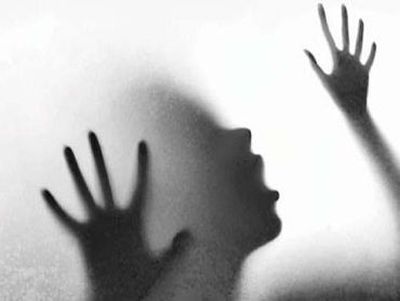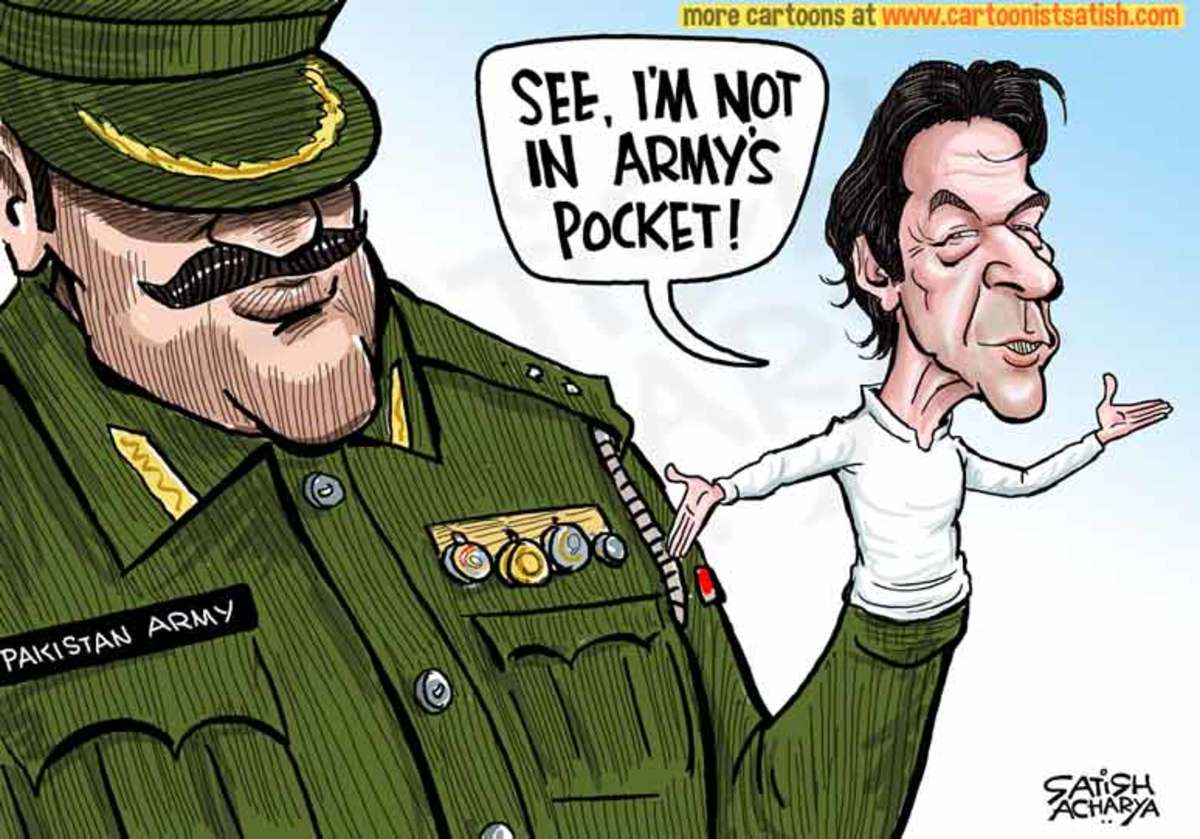Secondary Victimization of Rape In Pakistan
Secondary Victimization
Secondary victimization, also known as, secondary rape is a term used for the negative experiences faced by rape victims when they seek help from legal, medical, and mental health systems and are denied for it. Campbell’s (1999) research was conducted to observe whether mental health professionals believed that the victims are ‘re-raped’ in these interactions. They reported that some community professionals practice behaviours that are crucial to the victim’s psychological well-being. This kind of blaming can very seriously ruin the coping process and lead to a secondary victimization of the victim.

'Promiscuous' 'Immoral'
Sadly, police and the prosecutor are busy for winning the case which leaves the victim ignored. Instead, victims are blamed for the assault and denied of help. Mental health professionals also revealed that this can enhance the trauma and is usually taken less seriously in you’re a minority, for example, of colour in the US. Stereotypes held for these women as ‘promiscuous’ and ‘immoral’ or if the women are poor (Campbell, 1999). Other reasons for secondary victimization of rape victims is when the offense deviates from the popular notion by which it is expected to occur. For example, if the offense takes place at the victims house, it is questioned whether the victim let the assailant access their house themselves? These notions are treated with mistrust and doubt, eventually questioning if the victim was even raped or was it consensual. Another cause focused upon the self-presentation of victims as either emotional or numb. People who have emotional self-presentation are less likely to be secondary victimized but people who have numb self-presentation are more likely to be secondary victimized that is, again, because of the way pain or trauma is stereotyped.
The Zainab Case
Such a thinking resides in Pakistani culture as well. Aljazeera conducted an interview with Fouzia Saeed (2018) who spoke about how victim blaming in Pakistan needs to come to an end. Recently, a lot of child sexual abuse cases have been reported in Kasur. One of them was discussed in this interview. She explained how a seven year old girl called Zainab was recently raped and murdered. Society responded by asking questions like “where were her parents? Why were they not careful?”
Ahrens (2006) conducted a study which focused on Rape Victims that are silenced by the negative reactions of people on a formal and informal support level. For formal support, it has been reported how the police laughed at a victim when she reported her case. It also explained how the formal support system (specially, the legal and medical system) fails to satisfy clients after their disclosure of rape. Solutions to this problem are to train support providers ineffective ways of dealing with victims of assault and educating people about sexual assault. Trainers need to be taught how to not negatively respond to the victim, specially, after disclosure of the event. Campbell (1999) also talked about how mental health professionals are need further training to deal with patients of trauma effectively and also by advocating changes in the other social systems such as collaborating with local rape crisis centers to improve advocacy efforts. Moreover, IHC has passed a notice to protect the confidentiality of rape victims identities to further stop secondary victimization of these people (“Rape victims: IHC issues notices to ministries, 9th May 19, 2018”). Fouzia Saeed (2018) also talks about how there is a necessity for abandoning the myths people believe in, such as, if a woman is beaten by her husband, she must have had a habit of talking back to people. These thoughts give more power to men and they justify the violence, providing a secondary victimization of the victim. These myths need to be broken and we need to stop assuming why the victim why she was raped.

These determinants cannot be generalized in an Eastern society, however, the fact that poor women might be more victimized by society can be understood in an ea
for example Ahmedis, who have no rights for even freedom of speech, instead they worry about survival.
The Myths of Rape
The root of this issue lies with the myths people associate with rape, specially those that further blame the victim for it. Fouzia Saeed (2018) supports this idea when she reported that a parallel advancement in law and order is necessary and only making children and women aware is not enough. Awareness can make people understand what rape is and how the victims might be secondary victimized to the myths people hold about society. But people need to start breaking those myths first. There should be a law and order to implement that change in thinking, specially, in Pakistan. The IHC notice to protect the identity of rape victim is causing secondary victimization more than it is prohibiting it. Keeping their identity disclosed attributes a level of shame they should feel for being a victim of a crime that was against their will. Ahrens (2006) talks about how disclosure of rape has made victims feel more victimized but prohibiting them from disclosing what they went through makes it much worse for them and further alienates them from the society. It also violates their freedom of speech against the heinous crime and further supports the stigmatization and myths of rape.






